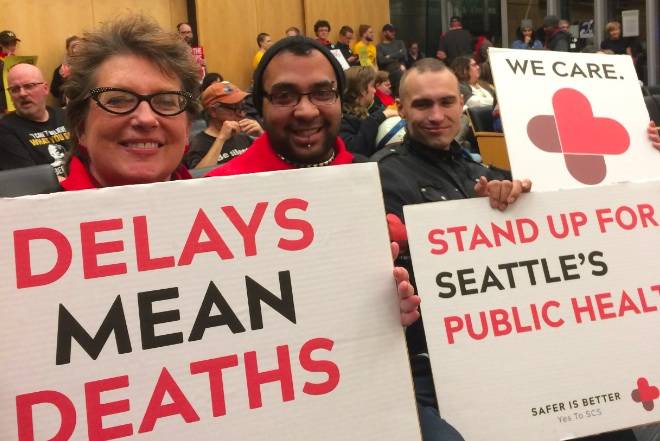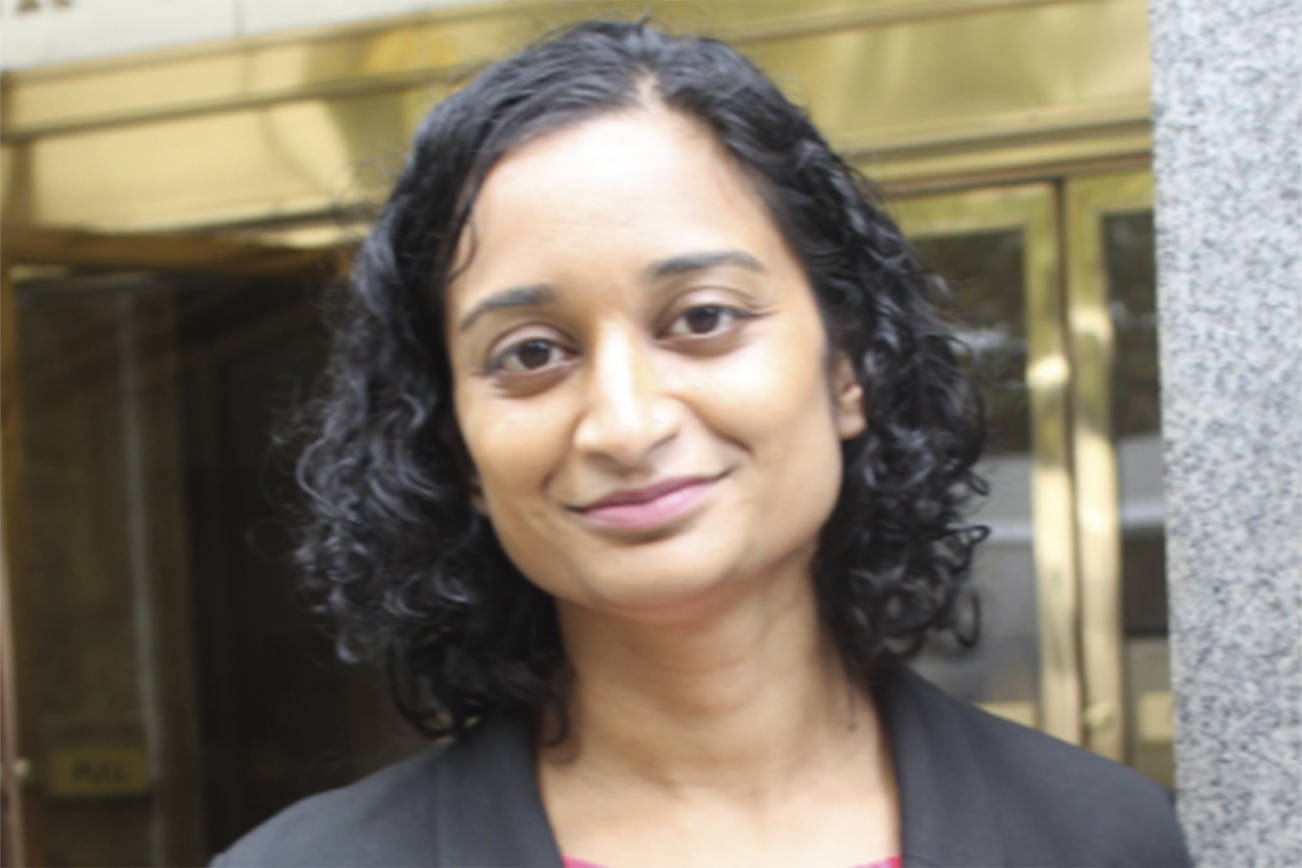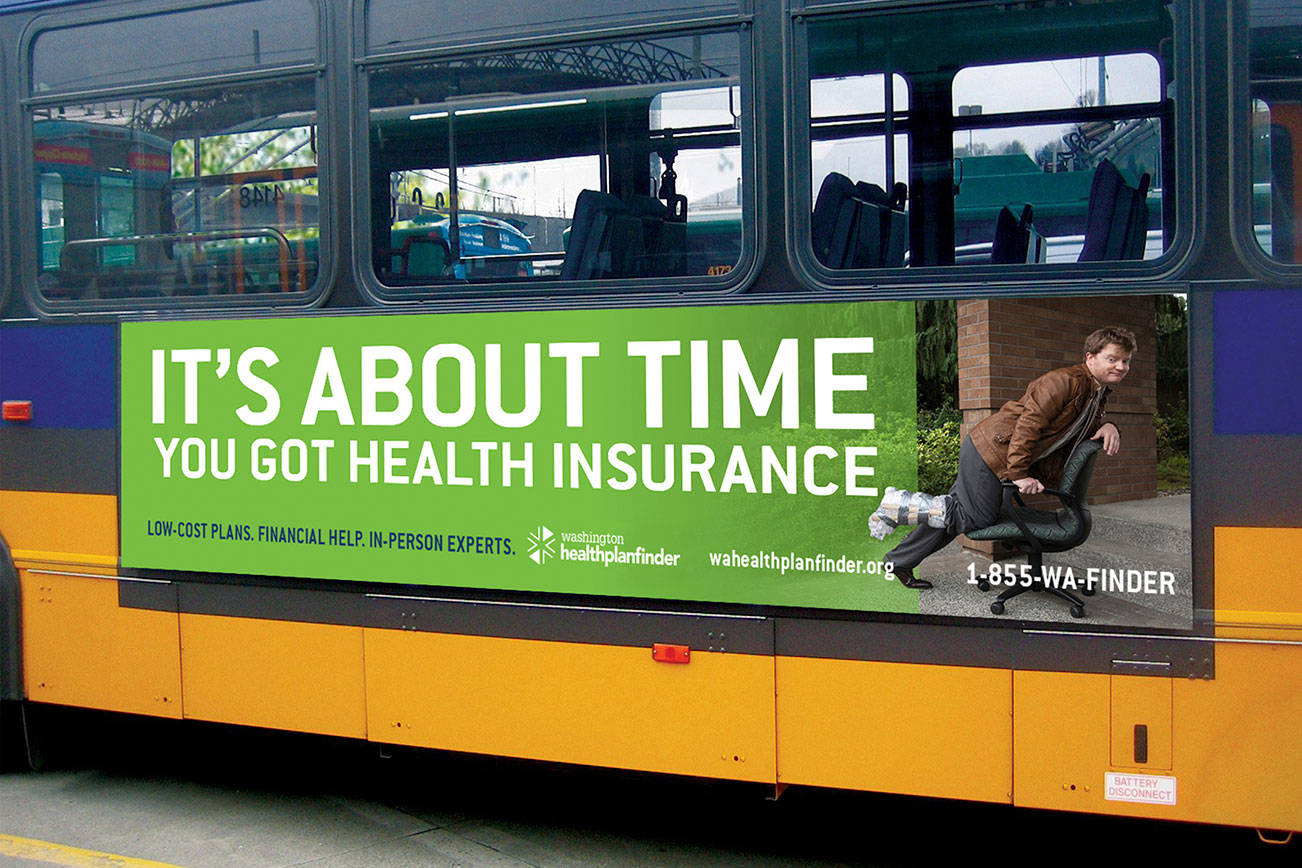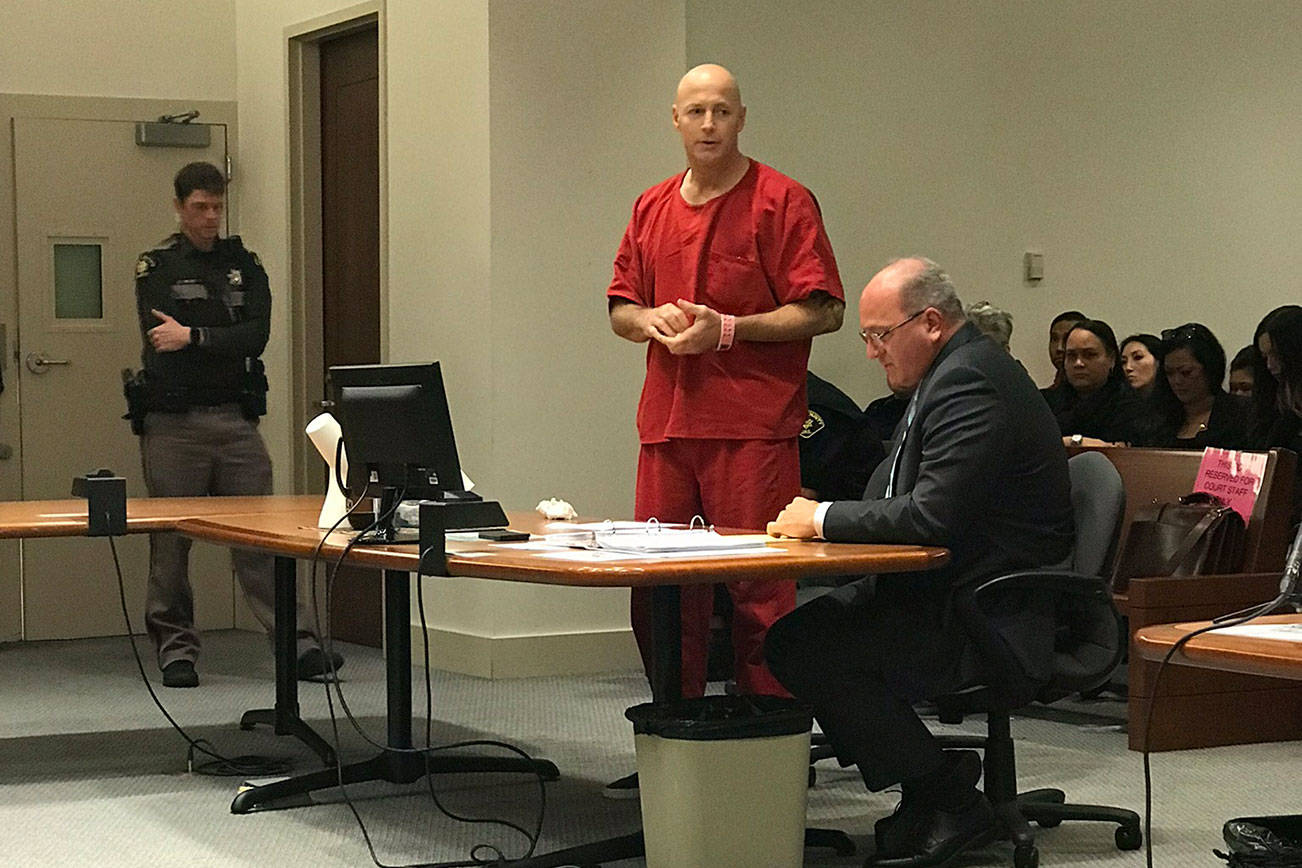Despite the backlash from various King County cities against the idea of establishing safe drug consumption sites, the Seattle City Council is moving ahead on its own. It has already set aside substantial funds in the 2018 city budget to create one—and to study the possibility of creating more.
City Councilmember Rob Johnson, who represents Wallingford and the University District, introduced two budget amendments in late October to interim Mayor Tim Burgess’s proposed 2018 city budget—amendments known in City Hall as “green sheets”—that set aside $550,000 for building and operating a safe consumption site, and an unspecified amount for a feasibility study on where best to site the proposed facility (or, possibly, more facilities).
Johnson said that the specifics of and timeline for constructing a theoretical safe consumption site is contingent on the results of his proposed feasibility study, which would consider possible locations for the facility and potential future ones, as well as determine what agencies and service providers would operate them. The study will be conducted by city personnel and is expected to be delivered to Katherine Lester, the director of the Seattle Department of Human Services, by Feb. 28, 2018.
“My intention behind both of those [amendments] was to set up a process to fund one [safe consumption site] and identify criteria for establishing more,” said Johnson.
He added that Capitol Hill seems likely to be a suitable candidate for the first location, given the high rates of overdoses that occur in the neighborhood and the positive reception by community leaders there to the concept.
However, the proposed $550,000 might not be enough to get a safe consumption site up and running. Johnson said that he thinks councilmembers will need to find an additional $50,000 in the 2018 city budget to realistically cover the capital costs of building the first one. For those funds, “I’m looking under every couch cushion I can find,” he said.
Patricia Sully, a staff attorney with the Public Defenders Association and long-time advocate of safe consumption sites, called on the City Council to follow through on fully funding a pilot safe consumption site. “Hopefully … we will see full funding restored in the final budget,” she wrote via email. “We’ve heard a clear message from Council that this is a priority and that they intend it to be run well—and that requires a higher level of funding.”
The proposal, at least with the original $550,000 attached, has unanimous backing from the rest of the council. A spokesperson for Mayor Burgess declined to comment on Burgess’s position on the two budget amendments. However, given that the mayor is unable to amend the council’s revised budget once it reaches his desk, it seems unlikely that Burgess will veto the entire budget over Johnson’s amendment.
Safe consumption sites, long employed in Europe and Vancouver, B.C., are places where drug addicts can consume illicit substances with medical staff on hand to prevent users from fatally overdosing, while also providing clean needles to injection-drug users and connecting addicts to drug treatment and other services. The sites were endorsed in 2016 by the King County Opioid Addiction Taskforce, a group of public health experts and other stakeholders convened by former Seattle Mayor Ed Murray and King County Executive Dow Constantine to address the opioid crisis in the region. The facilities are pitched as a “harm-reduction” model that treats drug abuse as a public-health issue, not a criminal-justice one.
“I believe in a harm reduction model as a way to keep people alive and also a way to keep people out of prisons,” Johnson told Seattle Weekly. Originally, both Johnson and Councilmember M. Lorena González had introduced nearly identical green sheets to establish safe consumption spaces, so they decided to merge their proposals, according to Johnson. “Safe consumption sites,” he said, “can help us reduce our overall public health costs, jail costs, and societal costs while also keeping people alive.”
The near-unanimous support among city leaders for safe consumption sites is unique to Seattle. The city councils of neighboring Auburn, Bellevue, Renton, and Federal Way have all voted to permanently ban safe consumption sites, while the Kent City Council voted in August to place a six-month moratorium on building such facilities within city limits.
Additionally, I-27, a ballot initiative to ban safe consumption sites throughout King County, qualified back in August to appear on the ballot in the November general election, but it was struck down by a King County Superior Court Judge who ruled that the initiative extended “beyond the scope of local initiative power.” (In response to I-27, the King County Council introduced its own ballot measure which, if passed, would have authorized two pilot safe consumption spaces in King County.)
Joshua Freed, Chair of I-27, told Seattle Weekly that his side will be appealing the ruling of the “very slanted judge.”
“This is absolutely a fascist moment that is suppressing the voice of the people that we’re seeing play out in this heroin injection issue,” Freed said.
As for any local opposition to building a safe consumption site, Johnson said that he is confident in Seattle residents’ ability to be open-minded. “One of the important things for us in the roll-out of safe consumption sites is the education piece,” he said. “Many of the constituents that I talk to that have expressed concern [about this] have really been patient and have wanted to hear why we think this is a better approach.”
In his pitch to constituents, Johnson said, “There are unsafe consumption sites all over the city: parks, fast food restaurants, alleys, restrooms, wherever people may be using in private. … Giving [addicts] access to this medical care is a much more humane way of treating people who are currently using all over the city. [The proposal] doesn’t glorify this or normalize it, but it does recognize that these people are people, and [we should] give them the proper resources and care.”
Johnson said his office hasn’t heard anything from the City Attorney’s office about legal road blocks to his amendments. But local advocates for safe consumption sites believe there won’t be any, as public health agencies are often granted unique authority in public health crises to circumnavigate federal and local laws.
The City Council is set to discuss any changes to its original amendments to Burgess’s 2018 budget this week. After the budget committee balances the revised version, the final budget package will go to a full council vote on Nov. 20.
news@seattleweekly.com
Correction A photo that was posted with an earlier version of this story showed supporters at the hearing who were testifying in support of another program called Keys to HOME, not the safe consumption sites. We have replaced it with a more appropriate photo.








